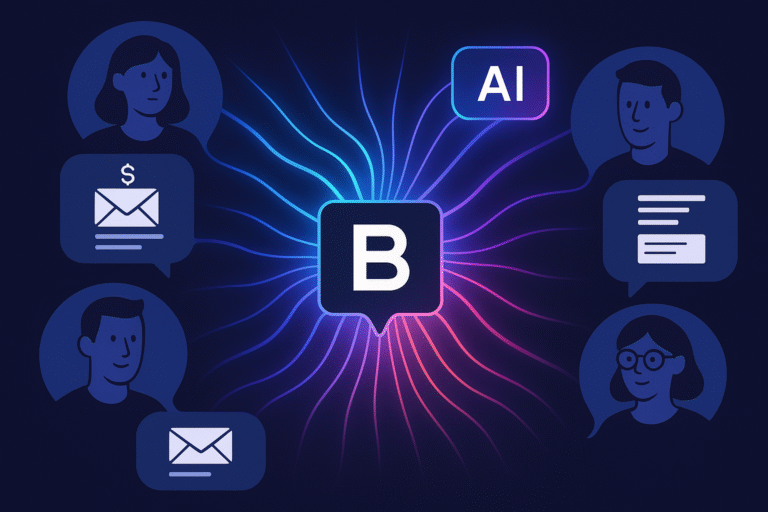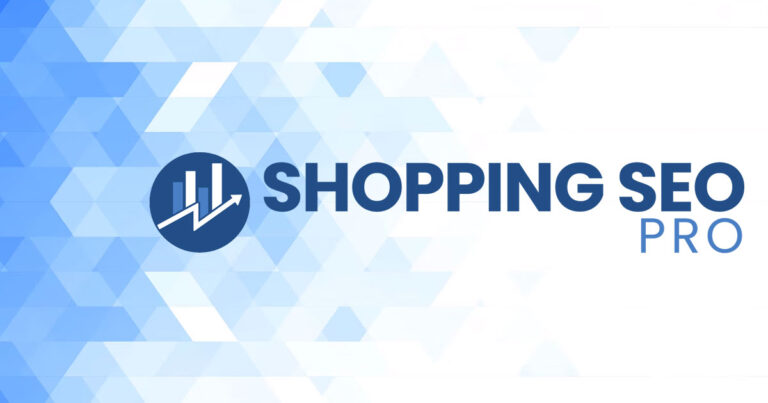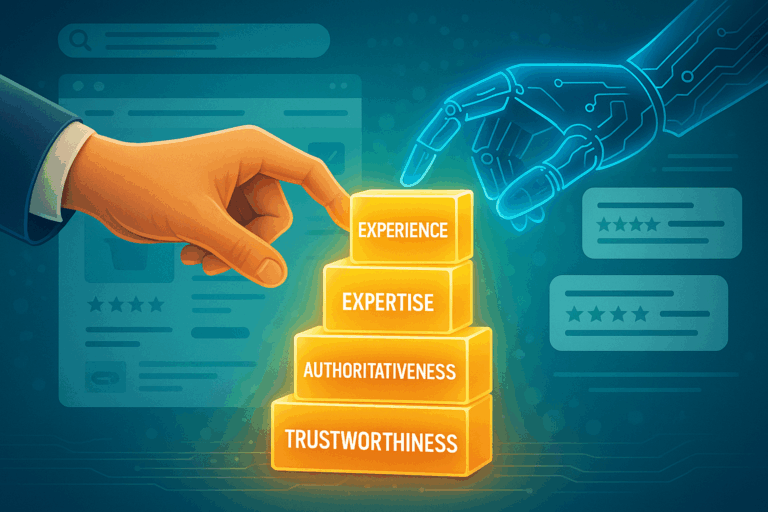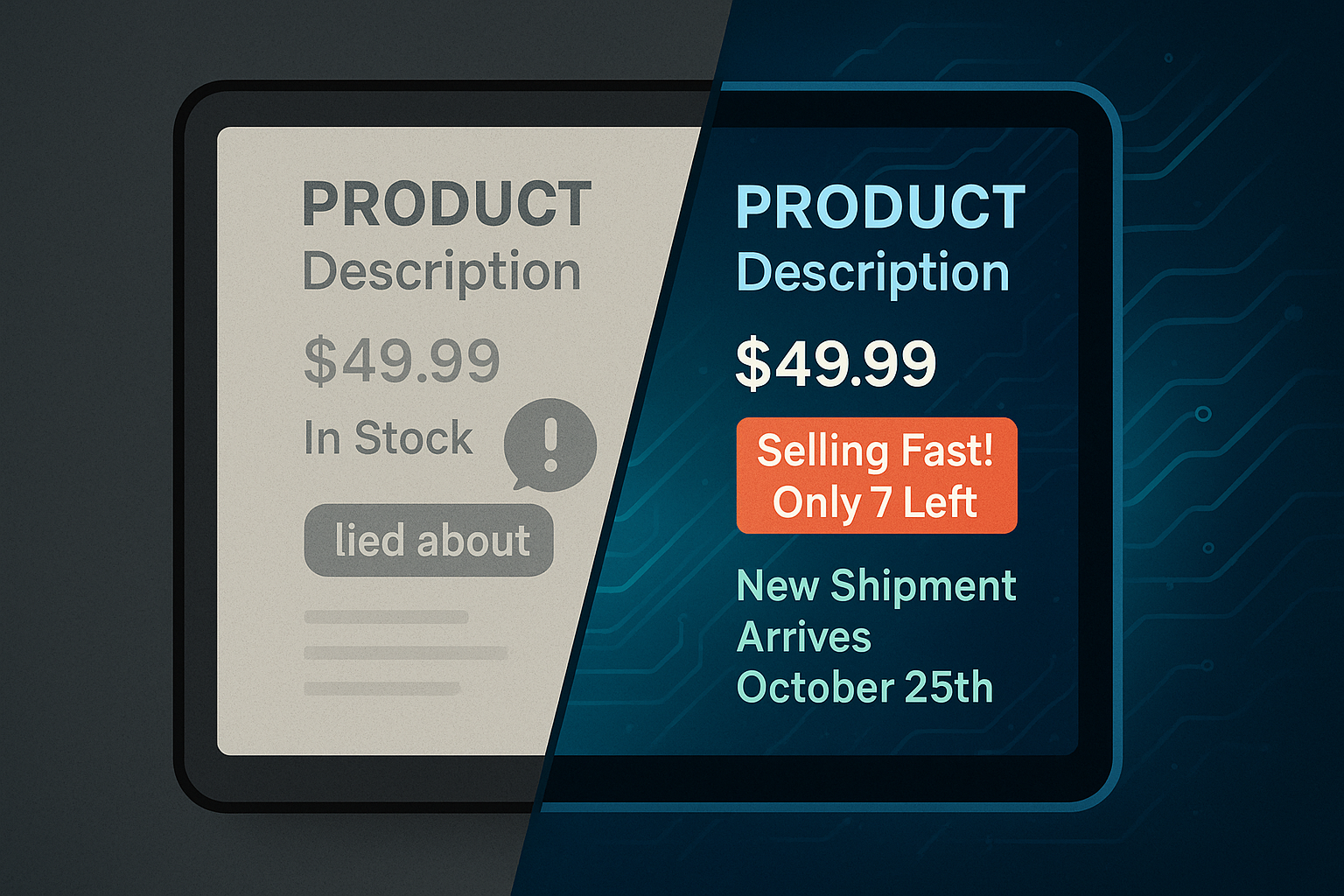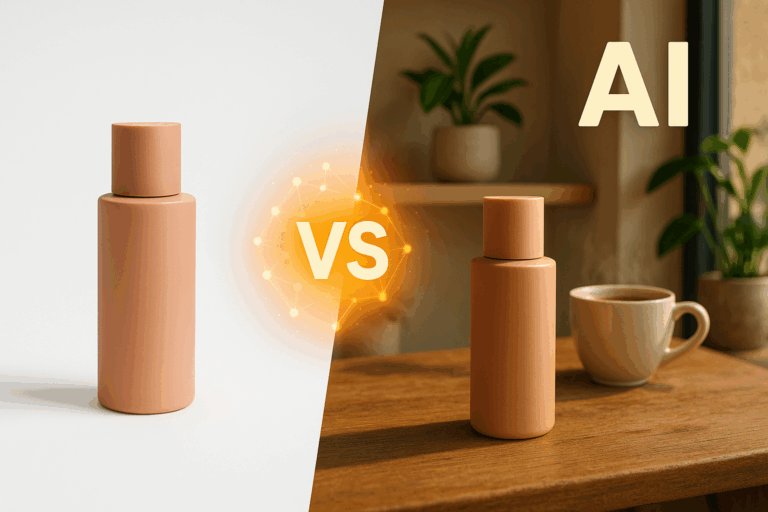As a decision-maker for an e-commerce brand, you’re constantly evaluating strategies to enhance visibility, drive traffic, and boost revenue.
You’ve heard the buzz around AI, but cutting through the noise to find genuinely impactful solutions can be a challenge.
The paradox of modern e-commerce is clear: despite an abundance of data, many brands face rising customer acquisition costs (CAC) and a lack of clear pathways to sustainable growth.
This isn’t about chasing fleeting trends. This guide will clarify how artificial intelligence delivers tangible results in customer acquisition and marketing, giving you the confidence to make informed decisions for your brand.
We’ll demystify AI’s role, from optimizing ad spend to revolutionizing how you connect with customers, all grounded in practical applications and data-backed insights.
The New E-commerce Battleground: Why Traditional Acquisition Falls Short
The e-commerce landscape is more competitive than ever. Traditional, manual approaches to customer acquisition are increasingly inefficient, leading to inflated ad costs and stagnant growth.
Many brands struggle with fragmented customer data and generic marketing campaigns that fail to resonate with individual buyers.
Blueshift reports that 76% of B2C brands can’t activate offline data across channels, leading to fragmented experiences, and 61% of marketing leaders cite data bottlenecks as a major hindrance. This directly translates to inefficient ad spend and missed opportunities.
The imperative for AI isn’t just about automation; it’s about enabling a new level of precision, scale, and intelligence. It allows brands to move beyond guesswork and reactive strategies, embracing a proactive, data-driven approach that maximizes every touchpoint.
Decoding AI in E-commerce Customer Acquisition: The Core Pillars
AI is fundamentally reshaping every aspect of the customer acquisition journey. For high-growth e-commerce brands, understanding these core pillars is essential for building a resilient, high-performing marketing strategy.
AI-Driven Ad Optimization: Maximizing ROAS on Google, Meta, & TikTok
One of AI’s most immediate impacts is on paid advertising.
Forget manual bid adjustments and generic audience targeting. AI platforms analyze vast datasets in real-time to continuously optimize your ad campaigns across platforms like Google, Meta, and TikTok.
This means automatic bid adjustments based on conversion probability, dynamic audience segmentation, and even the real-time tweaking of creative elements to maximize your return on ad spend (ROAS).
Think of Google’s Smart Bidding or Meta’s Advantage+ campaigns—these are AI at work, learning from past performance to predict future outcomes and allocate budget where it will have the most impact.
The results are compelling: AI-based lead scoring has led to a 30% reduction in sales cycles and a 25% increase in deal close rates for SaaS companies, according to GetMonetizely. More broadly, 86% of marketers using AI-driven recommendations report lower customer acquisition costs (Blueshift).
This isn’t just about letting algorithms run wild; it’s about giving them the right data and strategic direction. At Shopping AI Pro, our approach to PPC Campaign Management goes beyond native platform tools, offering advanced, cross-platform optimization strategies that leverage proprietary insights to ensure maximum ROAS for your unique product catalog.
Hyper-Personalization Engines: Tailored Experiences Across Email, SMS, & Retargeting
Generic marketing messages are a relic of the past. Today’s customers expect a personalized journey, and AI makes that expectation a reality at scale.
Hyper-personalization engines leverage AI to tailor every interaction—from the products recommended on your site to the subject lines in your emails and the content of your SMS messages—based on individual behaviors, preferences, and purchase history.
This isn’t just about addressing a customer by their first name. It’s about dynamic content generation that adapts to where a customer is in their journey, recommending products they’re genuinely interested in, and even anticipating their next purchase.
The impact on engagement and conversion rates is dramatic: Salesforce reports that personalized emails can lead to a 26% increase in open rates and a staggering 760% increase in revenue. Furthermore, AI-powered customer segmentation can increase conversion rates by 15% (Andava). This level of precision fosters stronger customer loyalty and significantly boosts customer lifetime value (CLV).
Our custom AI agents for ecommerce are designed to orchestrate these highly personalized campaigns, ensuring that your brand voice is maintained while delivering tailored experiences that convert.
Predictive Analytics: Proactive Marketing & Future-Proofing Decisions
Imagine knowing what your customers will do before they do it. That’s the power of predictive analytics, driven by AI. By analyzing historical data, real-time interactions, and external market trends,
AI can forecast customer behavior, predict demand for specific products, and even identify customers at risk of churn.
This insight allows for proactive marketing strategies:
- Targeting high-value prospects: Identifying who is most likely to convert and focusing your resources there.
- Optimal timing for outreach: Reaching customers when they are most receptive to a message.
- Anticipating needs: Offering solutions before customers even realize they need them.
AI-powered predictive analytics can boost marketing ROI by 20–30% and reduce campaign costs by 30% (Andava). This capability moves your marketing efforts from reactive to proactive, ensuring you’re always one step ahead.
Tools like our Ecommerce Competitor Spy Tool not only monitor the market but also inform our AI agents, allowing them to make strategic recommendations for your campaigns.
AI-Assisted Creative Generation: Scaling Content & Ad Visuals
Generating compelling creative content—whether for product descriptions, ad copy, images, or even short videos—is often a bottleneck for e-commerce brands. AI is now transforming this process, enabling brands to scale content creation without compromising quality or brand voice.
AI can automate various aspects of creative production, from generating multiple variations of ad copy for A/B testing to suggesting visual elements that are most likely to resonate with specific audiences.
It can even predict the performance of different creatives before they go live, saving valuable resources and optimizing campaigns faster.
Our SEO AI Agent for Ecommerce is a prime example, custom-trained on years of firsthand e-commerce SEO experience to create scalable content that captures your brand’s authentic voice and positioning, delivering 200%+ organic traffic growth for clients.
The Untapped Frontier: Generative Engine Optimization (GEO) for E-commerce
As search continues to evolve beyond traditional ten blue links, a new frontier in visibility is emerging: Generative Engine Optimization (GEO). This is distinct from traditional SEO and is critical for ensuring your brand appears prominently in AI-driven answer engines and AI Overviews, which are rapidly becoming how consumers discover information and products.
GEO focuses on optimizing your content and product data for generative AI systems. This means structuring your product feeds, FAQs, and informational content in a way that AI models can easily ingest, understand, and use to formulate direct, authoritative answers to user queries. Strategies include:
- Structured Data: Implementing schema markup to explicitly tell AI models what your product attributes mean.
- Semantic Relevance: Creating content that deeply and comprehensively answers questions related to your products and industry, establishing topical authority.
- Direct Answers: Crafting concise, clear answers to common questions that AI can directly pull and present.
AI assists in this by not only helping create content that ranks in traditional SERPs but also by designing content specifically for the nuances of AI answers. This isn’t just about keywords; it’s about context, authority, and providing verifiable information.
Shopping AI Pro is at the forefront of this shift, offering innovative approaches to Generative Engine Optimization (GEO) that unlock unprecedented visibility in the next generation of search.
Navigating the Minefield: Technical & Ethical Considerations for AI Adoption
While the potential of AI is immense, successful implementation requires navigating several technical and ethical considerations. A trusted partner will address these challenges head-on, ensuring your AI strategy is both effective and responsible.
Data Quality & Integration: The Fuel for Effective AI
AI is only as good as the data it’s fed. For e-commerce brands, data often lives in disparate systems—your e-commerce platform, CRM, ad platforms, email service provider, and more.
This creates “siloed data,” a major bottleneck that 61% of marketing leaders cite as a challenge (Blueshift). Without clean, unified, and accessible data, AI can’t deliver accurate insights or optimize effectively.
The solution lies in robust data integration strategies and platforms that consolidate your data into a single, comprehensive view. This ensures your AI models have the high-quality fuel they need to make intelligent decisions.
This is where the Feedzly – Product Feed Platform truly shines. It’s built by performance marketers to give you granular control, fine-tuning feeds at the attribute level with full visibility, resolving issues quickly, and feeding your AI systems with clean, optimized data.
Privacy & Bias: Building Trust with Ethical AI
As AI becomes more integrated into customer interactions, concerns around data privacy, algorithmic bias, and transparency naturally arise. Ethical AI implementation requires:
- Data Governance: Clear policies for data collection, usage, and storage, ensuring compliance with regulations like GDPR and CCPA.
- Mitigating Algorithmic Bias: Actively identifying and addressing biases in AI models that could lead to discriminatory outcomes or alienate customer segments.
- Transparency: Being clear with customers about how AI is being used and allowing them control over their data.
For high-growth brands, building trust through ethical AI practices is not just a regulatory necessity but a brand differentiator.
Cost & Talent: Making AI Accessible for 7-Figure Brands
Implementing AI solutions might seem daunting from a cost and talent perspective. However, many AI tools and services are now designed to be accessible, especially for brands generating significant revenue. The key is to:
- Start Small: Focus on specific, high-impact use cases that deliver measurable ROI quickly.
- Leverage External Expertise: Partner with agencies and solution providers who have already invested in proprietary AI technology and proven strategies.
- Embrace Human-AI Synergy: AI isn’t replacing your marketing team; it’s augmenting their capabilities. The goal is to free up your human talent for more strategic, creative tasks. In fact, 80% of companies are using or planning to adopt AI-powered chatbots by 2025 (Plivo), highlighting the shift towards human-AI collaboration.
Shopping AI Pro’s custom AI agents are built on decades of e-commerce expertise, meaning you benefit from AI efficiency without the need to hire an army of data scientists or build your own complex systems from scratch.
Building Your AI-Powered E-commerce Acquisition Strategy: A Phased Approach
Adopting AI successfully isn’t a flip of a switch; it’s a journey. For 7-figure e-commerce brands, a phased approach focused on data, integration, and continuous learning is critical:
- Assessment Phase: Evaluate your current product feed performance, identify pain points, and analyze your competitive landscape.
- Foundation Building: Implement core platforms like Feedzly for robust product feed management and optimization.
- AI Integration: Deploy custom AI agents for automated optimization, competitive monitoring, and personalized outreach.
- Scaling Phase: Expand AI use to areas like SEO Optimization and content creation with solutions like our SEO AI Agent to build topical authority and scale visibility.
- Continuous Optimization: Regularly refine strategies based on performance data and emerging AI capabilities.
The investment pays off. 68% of marketers report a positive ROI from investing in AI/automation tools (HubSpot), with some achieving up to 8x returns (Fullview). Focus on key metrics like ROAS, CAC, and CLV to measure your AI marketing success.
Frequently Asked Questions About AI in E-commerce Marketing
Here are common questions decision-makers like you often ask when evaluating AI solutions for customer acquisition:
How quickly can I expect to see ROI from AI marketing tools?
While results vary, many brands report seeing initial improvements in campaign efficiency and ROAS within 3-6 months, especially for AI-driven ad optimization and personalization. Predictive analytics and GEO can take longer to show full impact but build long-term sustainable growth.
Is AI going to replace my marketing team?
Absolutely not. AI isn’t replacing strategy—it’s amplifying it. It handles repetitive, data-intensive tasks, freeing up your team to focus on high-level strategy, creative ideation, and human-centric customer relationships. AI works best in a human-in-the-loop setup, where expert marketers provide oversight and refine AI outputs.
What’s the biggest challenge when implementing AI for customer acquisition?
Often, the biggest challenge isn’t the AI itself, but the underlying data. Fragmented, siloed, or poor-quality data can cripple even the most advanced AI. Prioritizing data integration and ensuring data cleanliness is crucial. Other challenges include talent limitations, initial setup costs, and ensuring ethical AI use.
How does Shopping AI Pro specifically help with these challenges?
Shopping AI Pro addresses these challenges through a complete ecosystem of proprietary tools and AI agents. Our Feedzly – Product Feed Platform solves data quality issues at the source, while our custom AI agents for ecommerce are pre-trained on real-world e-commerce strategies, reducing your talent burden and accelerating ROI. We don’t just offer point solutions; we provide an integrated, strategic approach to unlock growth.
The Future is Now: Your Next Step Towards AI-Driven Growth
The shift towards AI-powered customer acquisition and marketing isn’t a distant future; it’s happening now. E-commerce brands that embrace this transformation will gain a decisive competitive edge, moving from reactive guesswork to proactive, data-informed growth. The opportunity is real, but so are the complexities of navigating this rapidly evolving landscape.
You’re evaluating options because you understand the stakes. You need a solution that cuts through the hype, delivers tangible results, and scales with your ambition. At Shopping AI Pro, we offer more than just tools; we offer a strategic partnership, combining proprietary technology with decades of e-commerce expertise. Our integrated ecosystem—from proprietary feed strategies and our Feedzly platform to custom AI agents for GEO, SEO, and ad optimization—is built by marketers, for marketers, specifically to drive revenue for 7-figure e-commerce brands.
Discover how our unique blend of technology and expertise can elevate your brand’s customer acquisition strategy.


